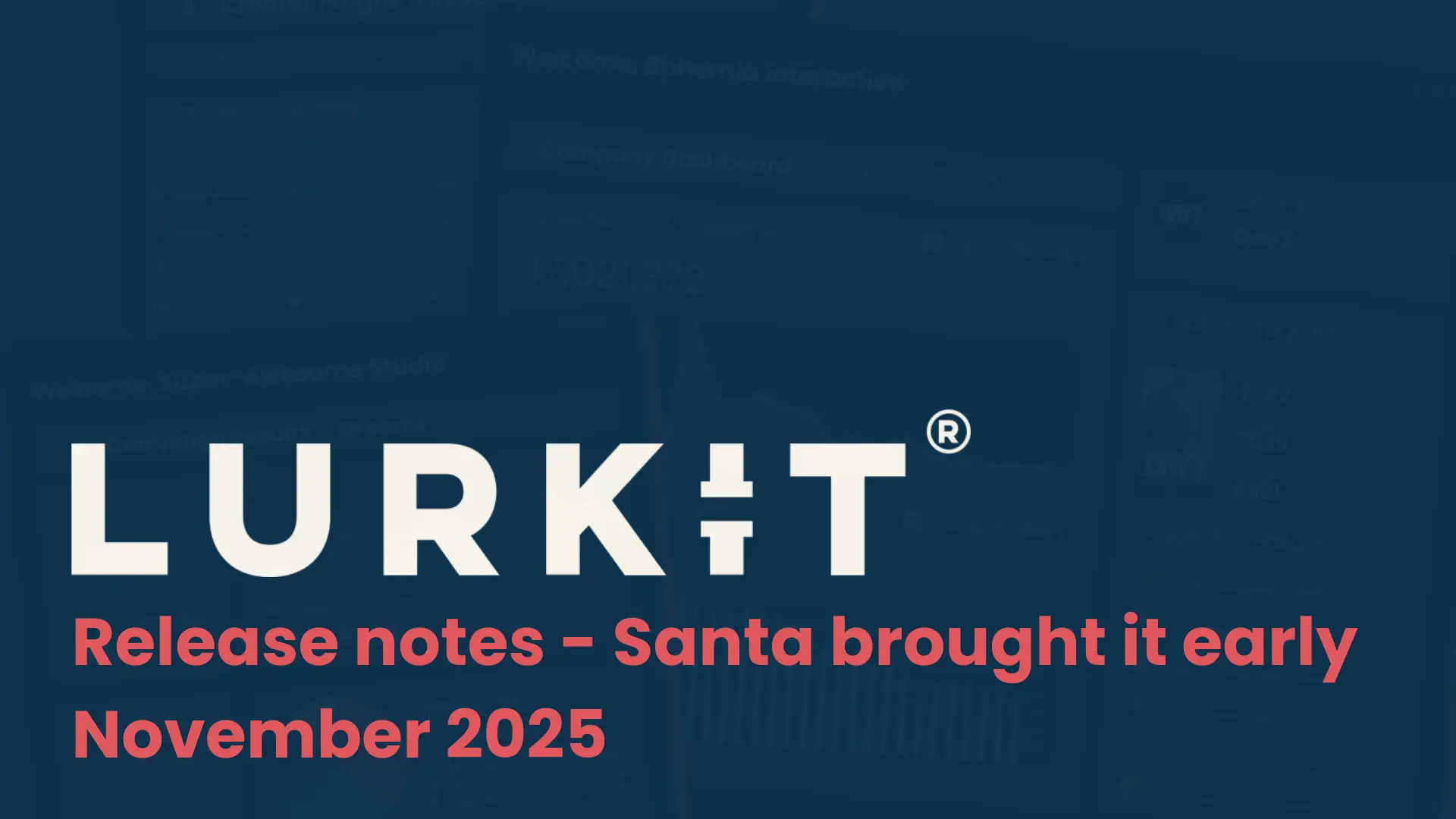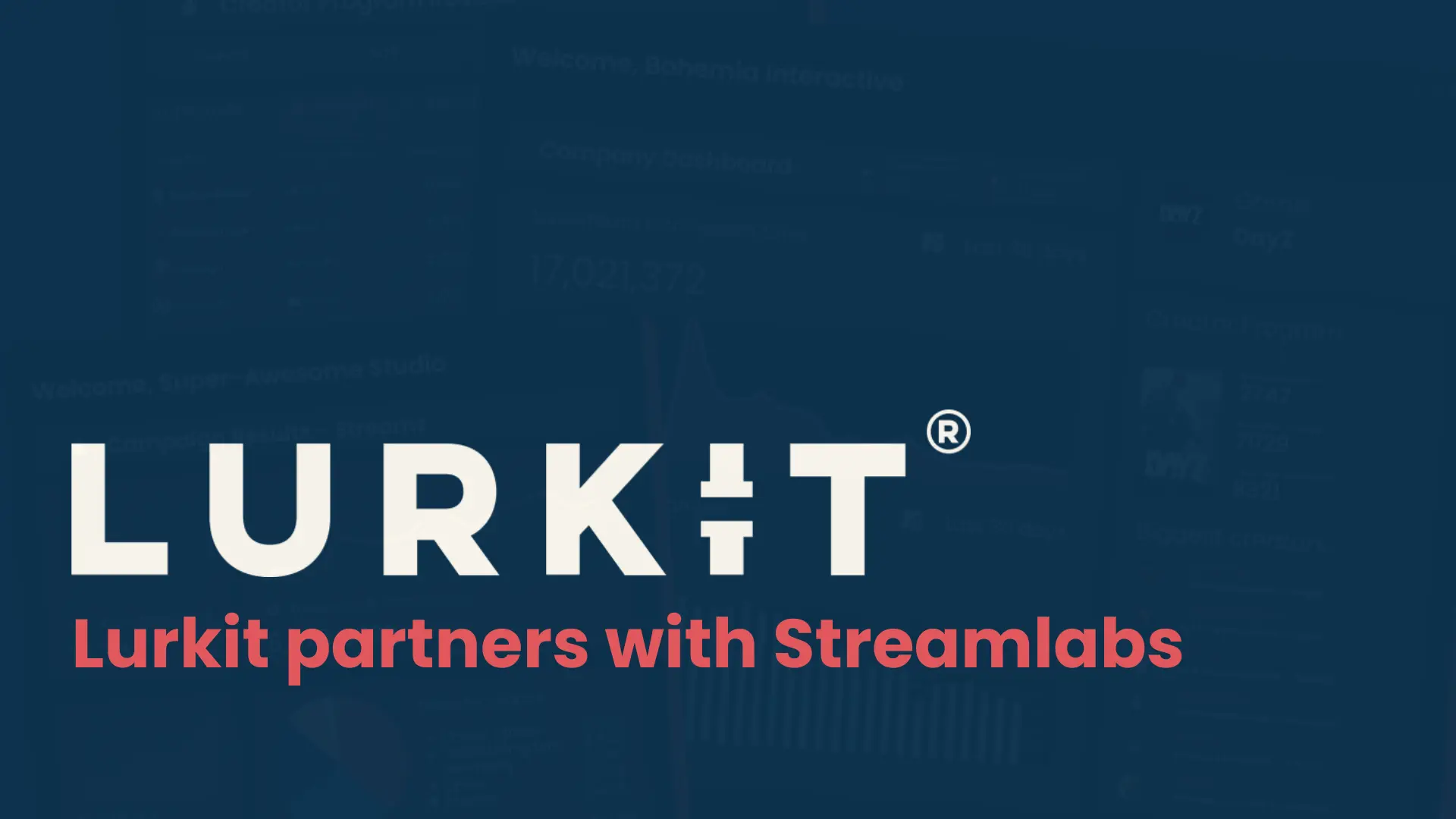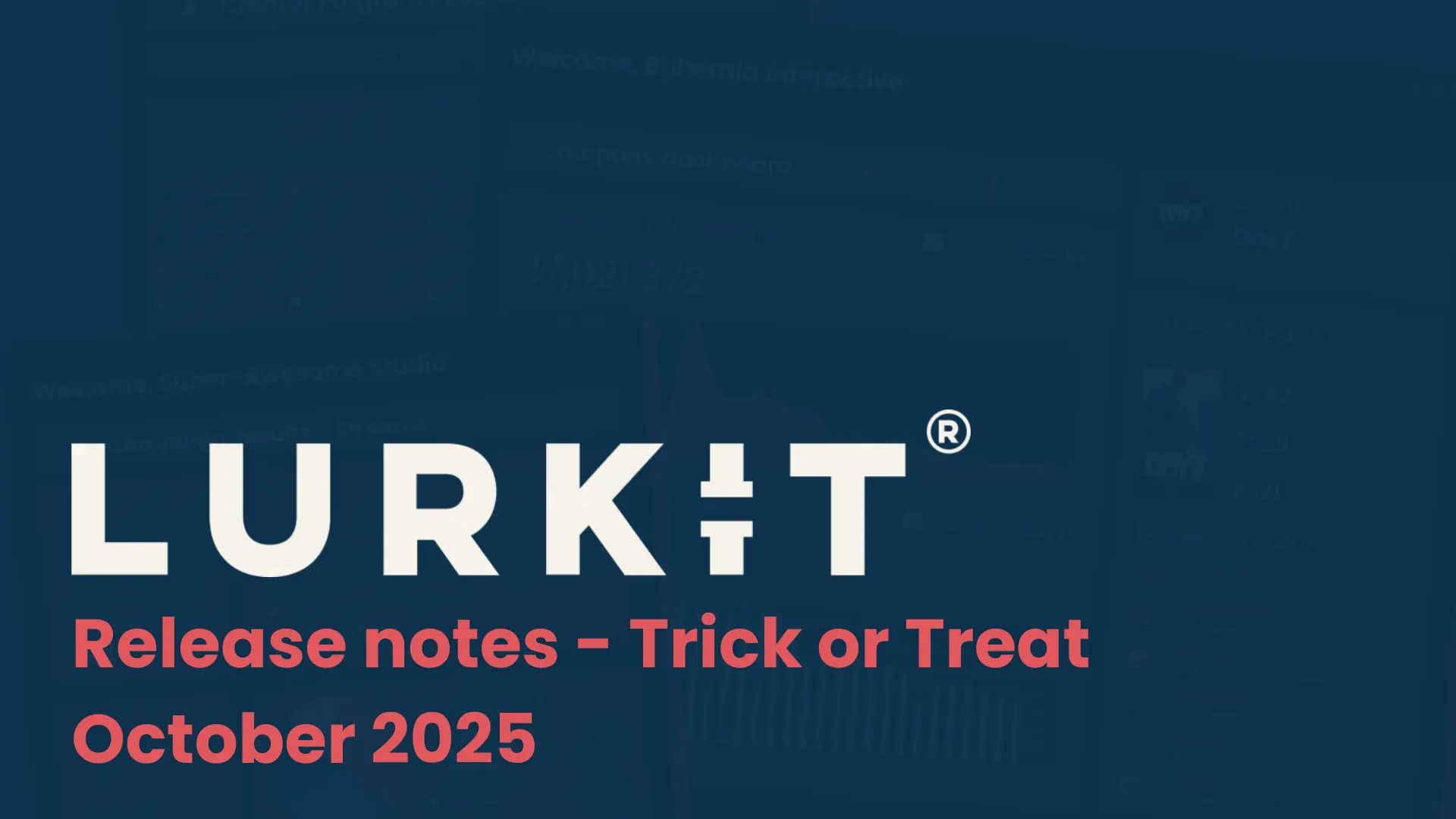Steam vs Epic Games Store - Where should you publish your game?
Getting users to play your game is the ultimate goal and picking the right place to make it available is key. For the majority of developers, there are two main options for publishing your game: Steam and the Epic Games Store.
If you’re unsure which one’s best, or just want to learn more about them, then you’ve come to the right place. Let’s take a look at both platforms and help you decide where you want to make your game available.
What is Steam?
Before we dive into the details it’s important to get the basics down. Steam is a digital PC game distribution platform made by Valve Corporation in 2003. Gamers have been buying and playing games on steam for over a decade now, making it the most popular and oldest distribution platform around.
It’s a bit of a one-stop-shop for users, as it serves as a storefront, social hub, streaming software, and more. However, it’s mainly used by its users for buying and playing games, which can all be easily found in one place.
What is the Epic Games Store?
A direct rival to Steam, the Epic Games Store is also a PC game distribution platform. It’s new on the market, having been released in December 2018 by Epic Games, but is already second only to Steam.
For those who haven't heard of Epic Games, they are the creators of the massive battle royale Fortnite, as well as the Unreal Engine - a very popular game engine.
Much like its competitor, it features a game store and social features, allowing users to easily communicate with each other, but the main focus is once again on providing a wide variety of games for its users.
Should you use Steam or the Epic Games Store?
Now that you know a bit about both you may be asking yourself: which one should I use? Of course, the answer depends on what you want out of a platform and which you think would suit your game best.
It’s impossible to give a direct answer as it would change from game to game, but let’s look at some of the main features of which and see what the platforms have to offer.
Userbase
One of the most important factors to take into account is the active userbase of each platform. It’s vital that the platform you choose has enough users to make it worth using, but at the same time, if the platform is too popular your game might get drowned out.
A look into the numbers behind both Steam and the Epic Games Store reveals that the userbase gap is actually not too large, especially considering how new the Epic Store is compared to Steam.
Being the veteran platform, Steam dominates in total users, with reportedly over 1 billion accounts being registered on the platform since it’s release. While impressive, the number that really matters is how many users are active.
Throughout 2020, Steam has been peaking at around 20 million concurrent users, averaging anywhere between 15-20 million. That’s a lot of people looking at and playing games.
Meanwhile, the Epic Games Store has not been doing too poorly itself. They’ve amassed over 100 million users in under two years, and, while their stats are a bit more difficult to find, they’ve reported an average peak concurrent users of 13 million.
Steam is no doubt the bigger platform, but the Epic Games Store is clearly doing very well, peaking at around 7 million fewer users, even though they are much newer.
Revenue split
When it comes down to it, one of the most important things is making money with your game. Both platforms use a revenue split model, meaning that they take a cut from each sale of your game on the platform.

Epic Games have entered the market with a more competitive split, offering developers a healthy 88/12 split, meaning you can take home 88% of your games price every sale. Additionally, developers aren't charged the usual 5% royalties fee if their game is created using the Unreal Engine, but would be on Steam.
Meanwhile, Steam offers a 70/30 split, which also includes the Unreal Engine cut on the developer's side, meaning it is possible to take home 65% of your games price every sale on Steam. However, the Valve backed platform does offer a better deal based on a game’s revenue.
If your game manages to make over $10 million then Steam will offer a split of 80/20.
Social functions
Now that we’ve covered the heavy-hitting things, we can move onto a few things that are more user-focused but still have a big impact on which platform you may choose for your game.
First off, let’s look at the social functions of each platform. These are key for helping users communicate and interact, making them quite important if a game is based around a social aspect.
Even a quick look will show you that the Epic Game Store is lacking slightly, likely due to how new it is. The social features on the platform are quite barebones at the moment, with only a simple chat and friends list being available.
Meanwhile, Steam is practically a fully fleshed out social platform. It features extensive profiles where users can comment, share media, recommend games, invite friends, create groups, and much more.
Steam’s in-game overlay is also second to none and allows users to seamlessly communicate with their friends, both through text and voice chat while playing their game.
Although, one thing to keep in mind is that a “social overhaul” is on the way for the Epic Games Store, with the developers having it high up their todo list. You can track the progress of this as well as general development on the Epic Games Store roadmap.
Store features
Both platform's stores feature a ton of games and exciting features. A few staples on both include a fleshed out storefront, which features certain games (depending on a variety of factors, such as new releases, promotions, etc.), allows users to browse games, as well as discover new games based on their interests.
The standout feature of Steam is their Market, which directly links into the majority of games. Players can buy and sell in-game items for cash in their Steam wallet, which can then be used for anything on the platform.
Meanwhile, the Epic Games Store focuses on promotions. They give away games for free multiple times a week through limited-time offers and highlight key exclusive releases. Some developers even release their games exclusively on the Epic Games Store before any other platform.
One thing that is vastly different on Epic and Steam is the review system. Only accredited critics can review games on the Epic Game Store, while anyone can review games on Steam. This has some advantages and disadvantages for both, as there are fewer reviews on Epic, but Steam’s reviews can be somewhat less reliable.
Overall UI
This is another topic that largely affects users, but can have some impact on where you choose to place your game. A clean and easy UI is vital as it’ll dictate what the users do and how they do it on the platform.
One example of this is the library for both platforms. With steam, the default library is a small slither with a list of games, while the majority of the screen is taken up by a preview image and some news. It can be difficult to find the game you need and launching or installing a game takes multiple clicks over the page.
Meanwhile, on the Epic Games Store, the library is all about the games, and you can easily change between a tile or list view, depending on your preference. Additionally, all it takes is one button to install or launch the game.

Still, both platforms have a very good UI and excel in different areas. To include another example, it’s much easier to find tags and categories in the Steam shop than the Epic Games Store shop.
Considering the high quality of both, this is something that largely comes down to personal preference and the best thing to do is play around with both and see which one you would think your target market would prefer.
Overall, it’s a great time to be a game dev. There are two very good platforms to get your game out there and you have the luxury of choosing which one you prefer. Both have their advantages and disadvantages and you’re definitely in great hands whichever you choose.
Remember to keep all of this information in mind when making your decision and definitely take a look at both. It’s very important to get some hands-on experience and see how they feel - you might just find something that will tip you one way.








